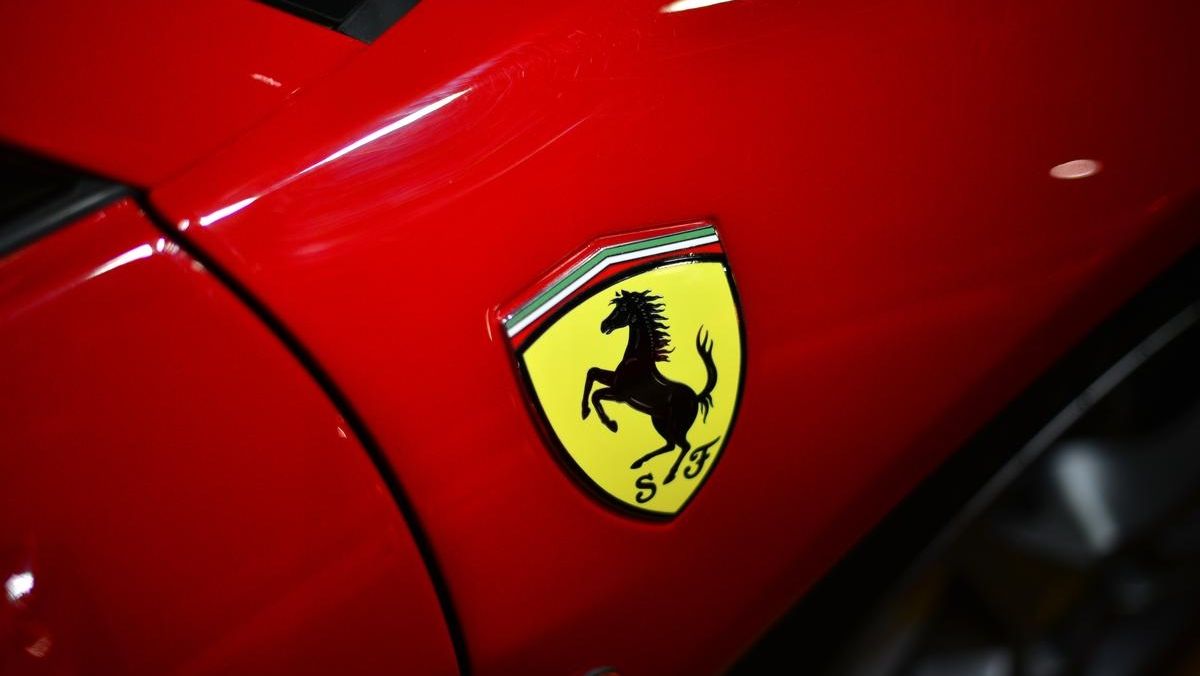Last year, FCA announced its intentions to separate itself from the Ferrari->ke252 brand by selling off shares of the supercar->ke177 company to the open market, and now it looks as though those plans are finally coming to fruition. FCA confirmed this week that Ferrari has filed a request with U.S. regulators for an initial public offering on the New York Stock Exchange.
As it originally stated in 2014, FCA plans on offloading 10 percent of the automaker to investors. However, Piero Ferrari, son of founder Enzo Ferrari, will continue to hold another 10 percent (called Ferrari NV). The remaining 80 percent will go to existing FCA shareholders.
While some market analysts predict a valuation of 5 billion euros ($5.5 billion), Fiat->ke30 boss Sergio Marchionne said earlier this month that he expects Ferrari to be valued at over 10 billion euros ($11 billion). That kind of number would account for roughly 60 percent of FCA’s combined total value, which currently stands at 16 billion euros.
Given Marchionne’s optimistic estimate, shareholders would receive $8.8 billion in value, while the sale would raise over a billion dollars in cash for the auto behemoth. The infusion of capital would likely go to support Alfa Romeo,->ke1386 which promises a total of eight new models over the course of the next three years.
The float is expected late October with a complete separation early next year.
Continue reading for the full story.
Why it matters
FCA has been having a pretty tough time lately. Despite saving both Fiat and Chrysler,->ke21 the freshly merged company is still struggling to make ends meet. It has one of the highest debts in the industry, and although it has a plan to increase sales by 60 percent to 7 million cars by 2018 and boost net profit five-fold, it desperately needs the funds to do so.
FCA has some pretty big names under its umbrella, including Jeep,->ke40 Maserati->ke51 and Dodge,->ke28 but Ferrari is arguably its biggest and most prestigious. This separation seems a bit desperate, but it’s not altogether unwarranted.
Several avenues to drive down costs have been explored, with FCA looking for a partner to help deal with high development expenditures. Several months ago, Marchionne sent an email with a merger proposition to General Motors’->ke1024 CEO Mary Barra, but was promptly rejected. However, with a separation from Ferrari, FCA’s valuation would be easier to pin down, which means a future merger would be much more likely.
After the spinoff, control of Ferrari would likely remain with FCA’s founding Agnelli family, which combined with Piero Ferrari’s holdings, would account for a voting power just under 51 percent, enough to hold off unwanted takeovers.
So the question is – what does this mean for lovers of the prancing horse? While Ferrari has traditionally kept production caps relatively low to make sure demand always surpasses supply, it’s possible we could see those caps raised slightly.
However, I wouldn’t expect too many drastic changes. We’ll still get the same stuff we already associate with the brand, like outrageous supercars, limited-run models and the Formula 1->ke190 team.
I’m less concerned about Ferrari than I am about FCA. The new cash flow will surely help, but Marchionne might be disappointed if the valuation isn’t as high as he expects. And even at $11 billion, the company still has a long way to go to crawl out of its hole.
All told, I wouldn’t be surprised if we saw another merger down the pipeline. Clearly, development costs are a major concern, and Marchionne has been particularly vocal about sharing his opinions on why automaker tie-ups are necessary to circumvent the “immoral” waste of overlapping efforts.
At the end of the day, I just hope we continue to get models like the Giulia->ke3472 and 4C.->ke3773

